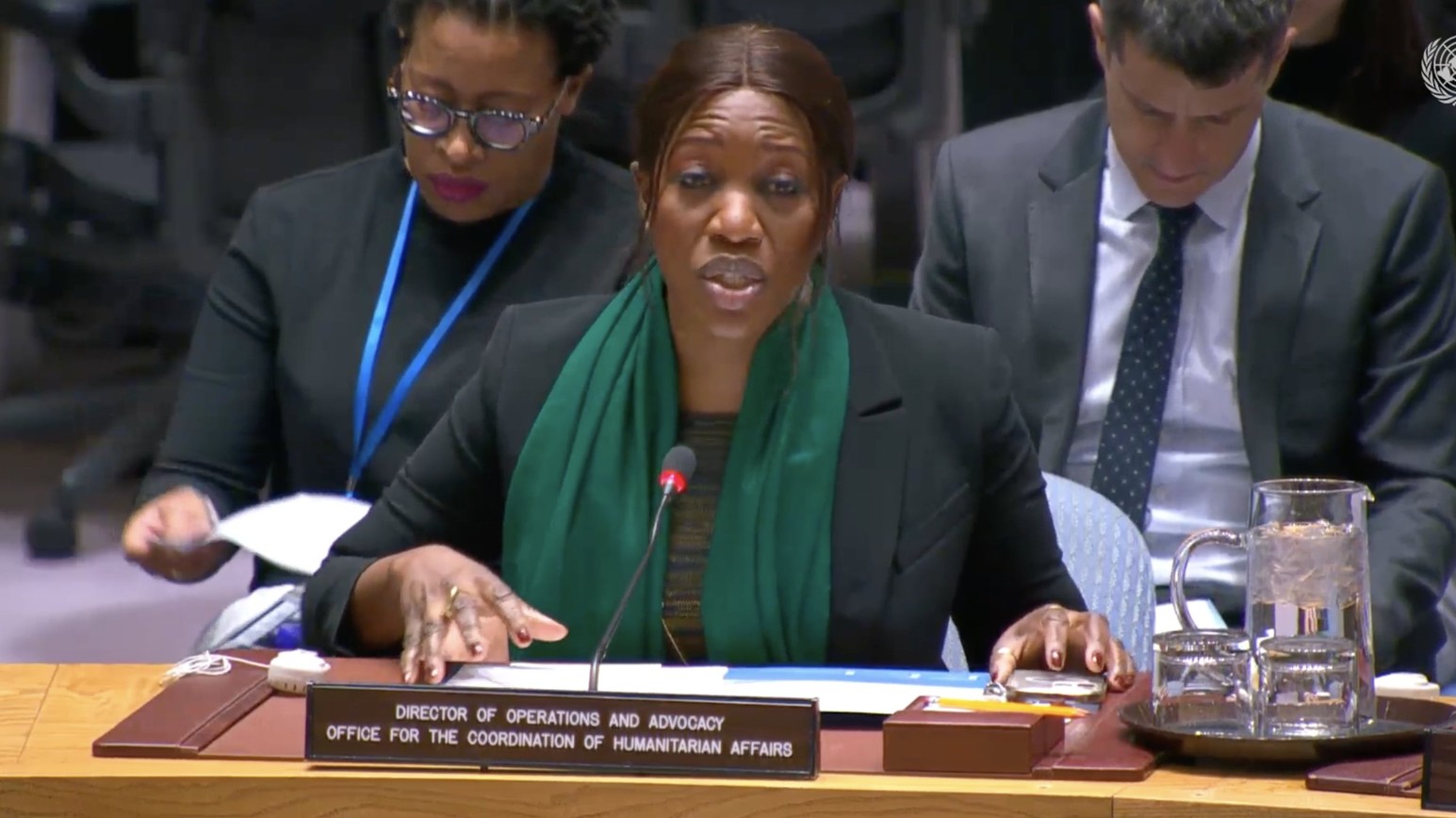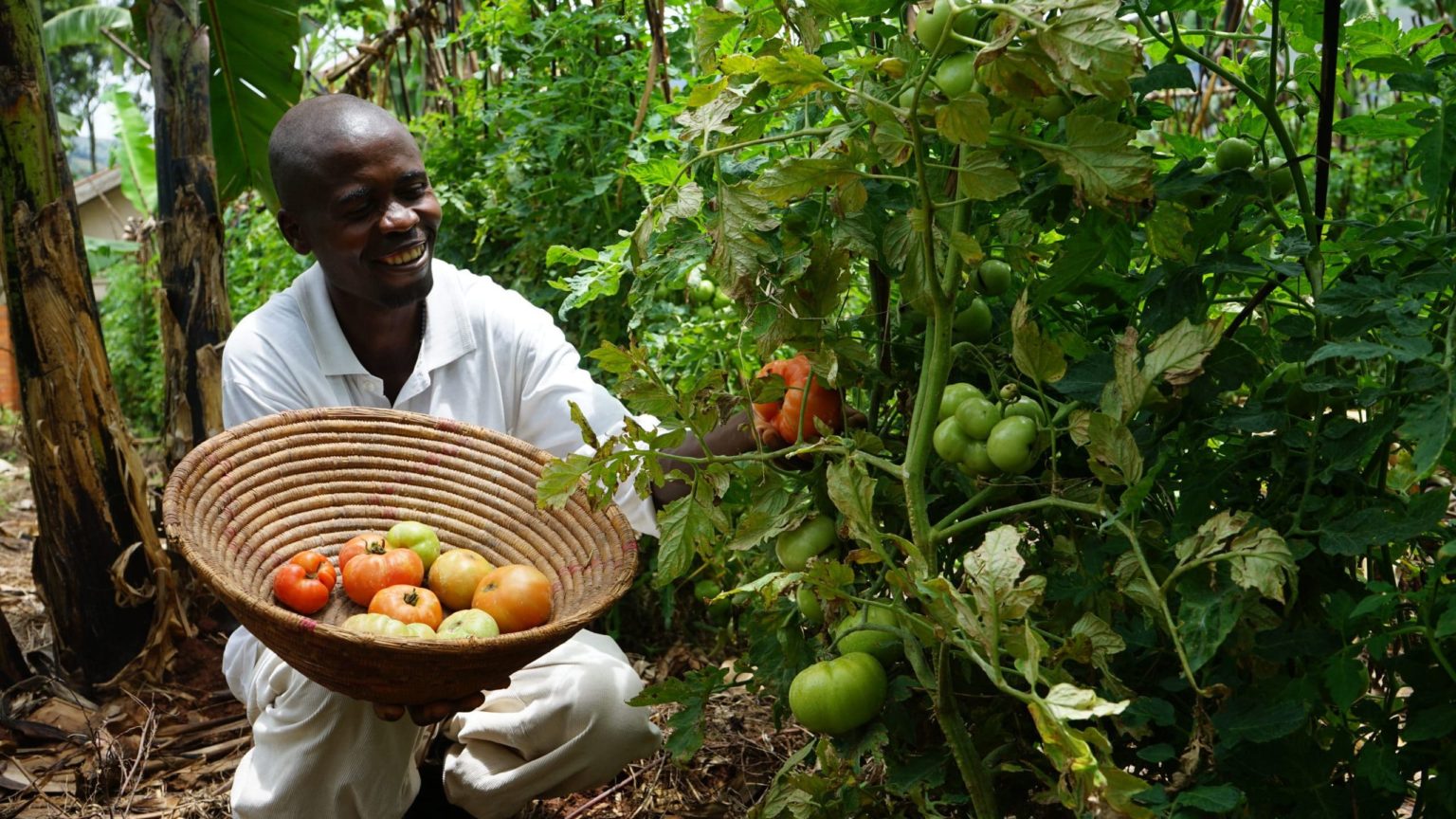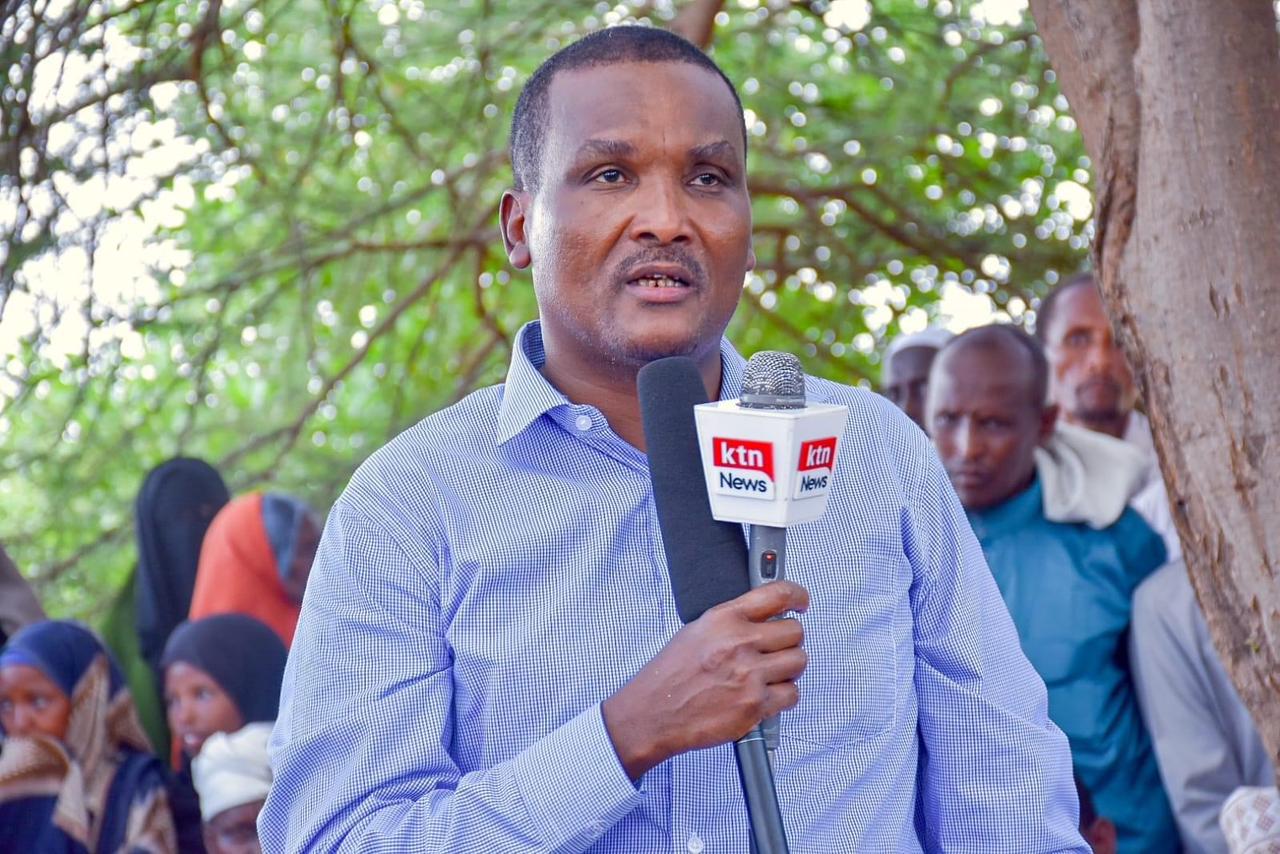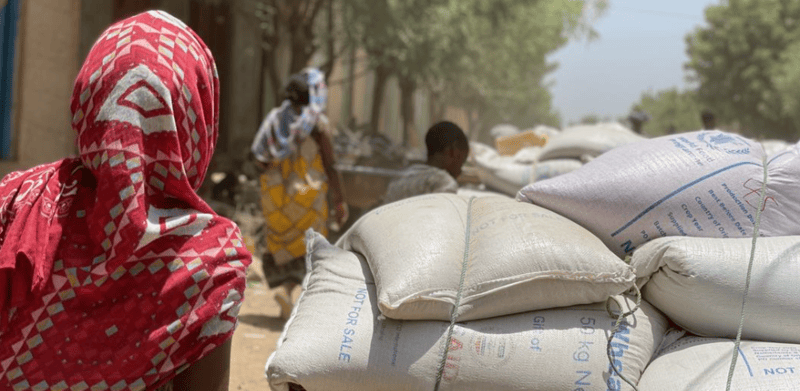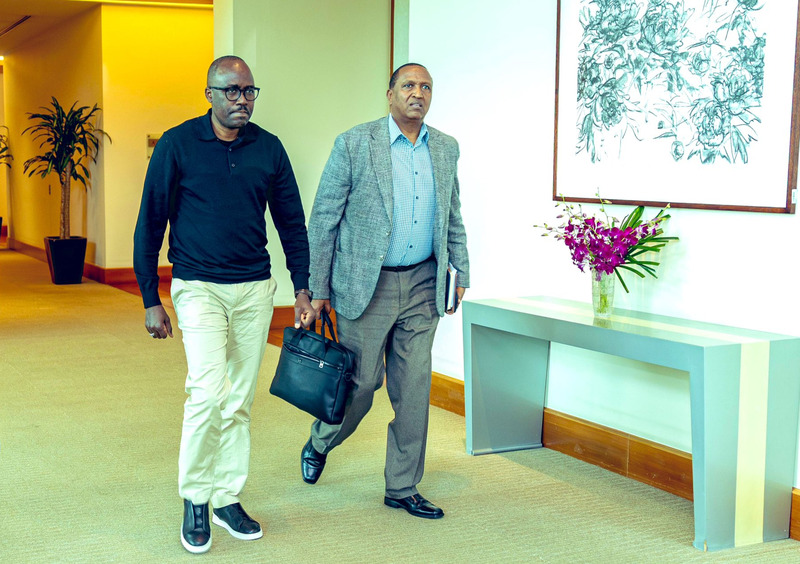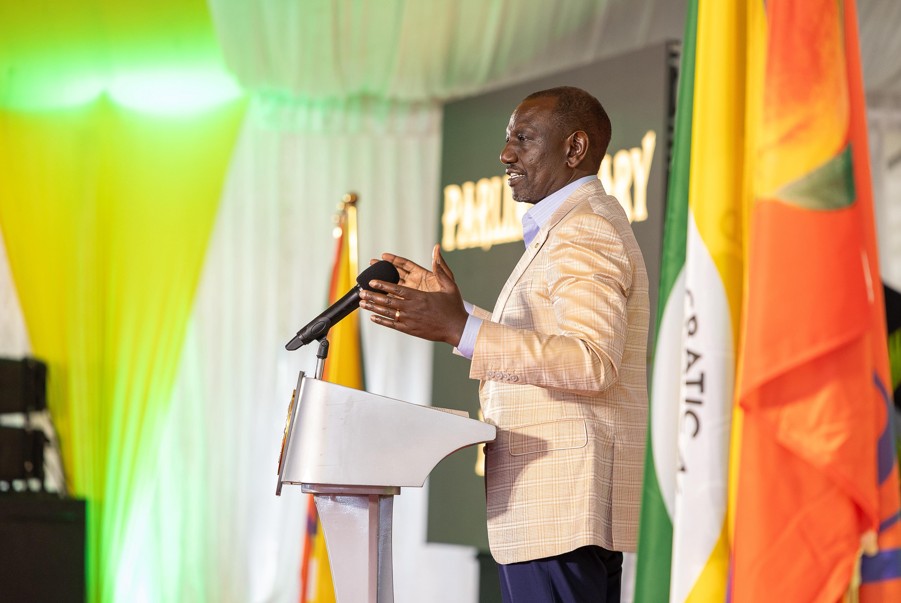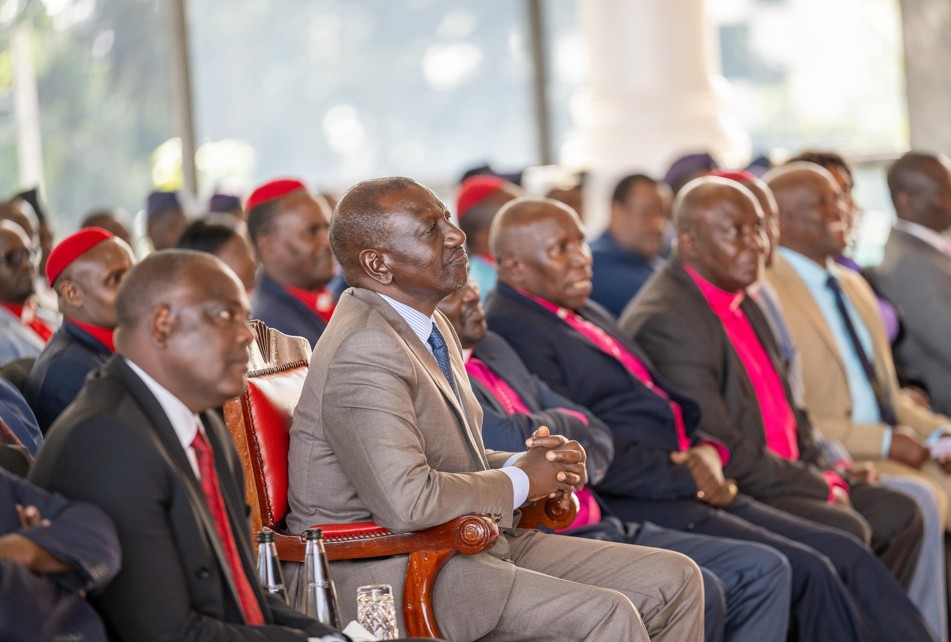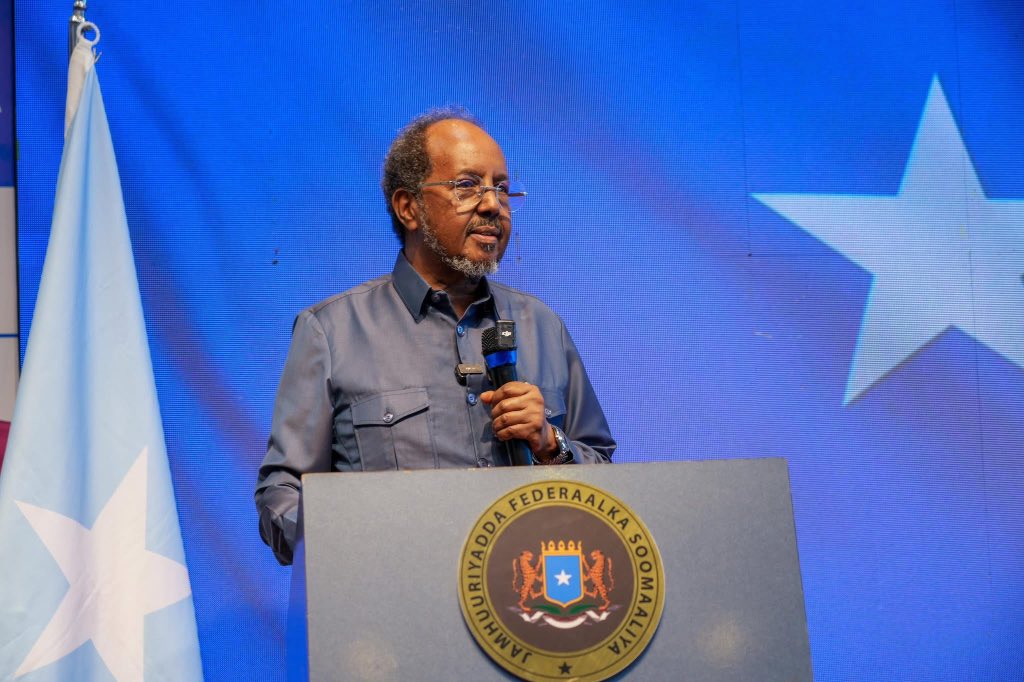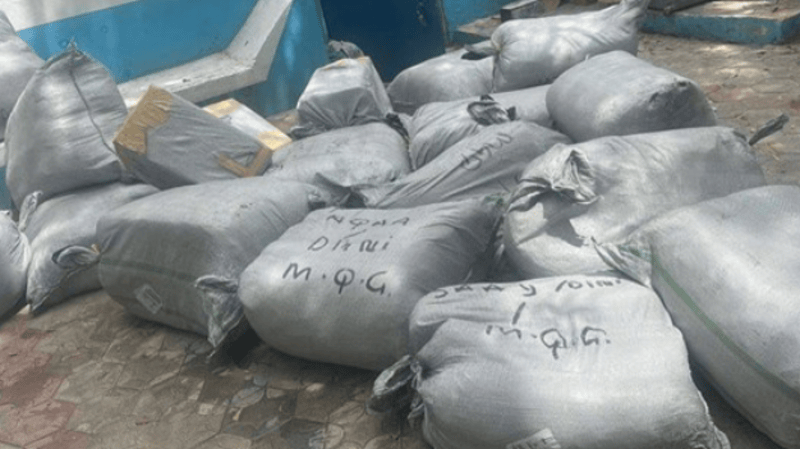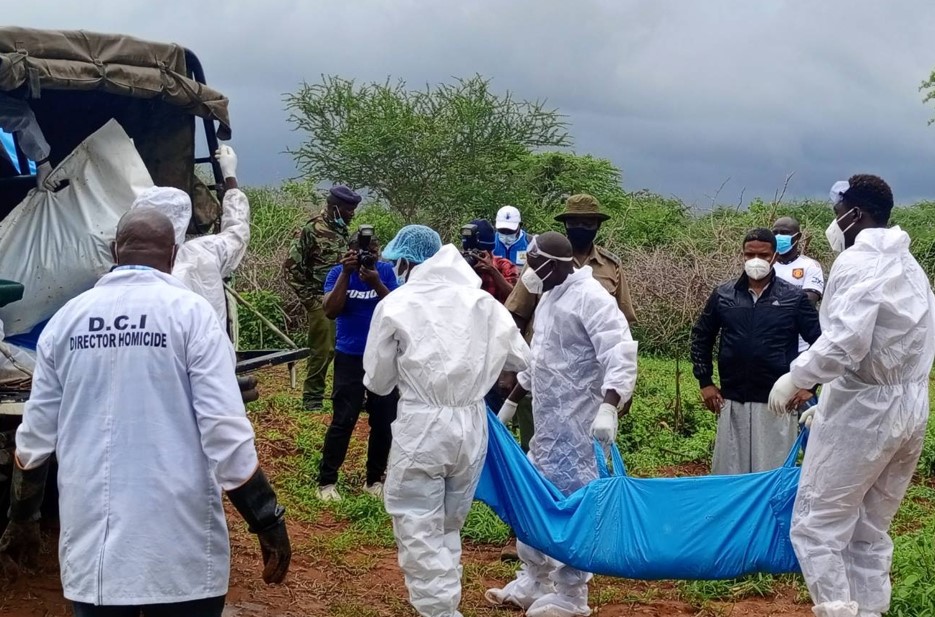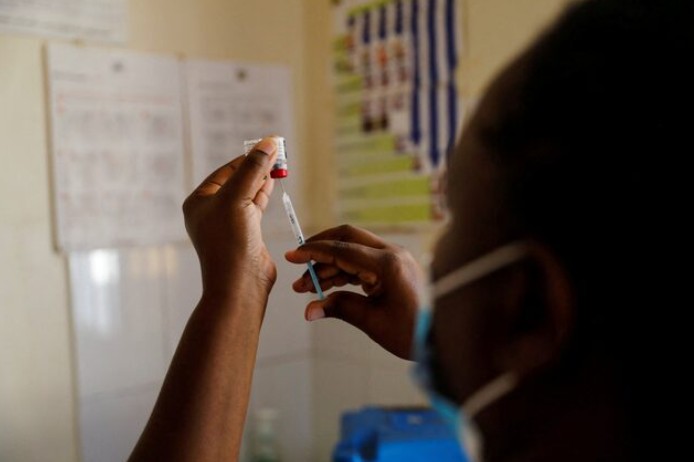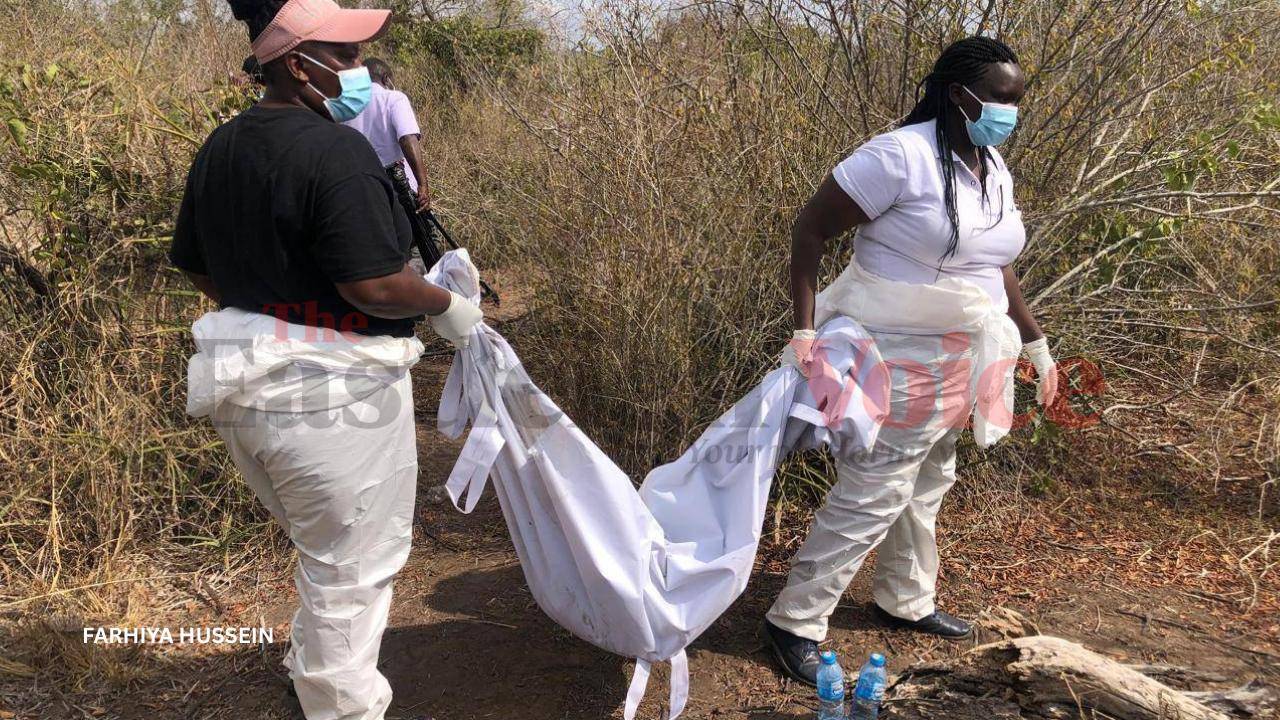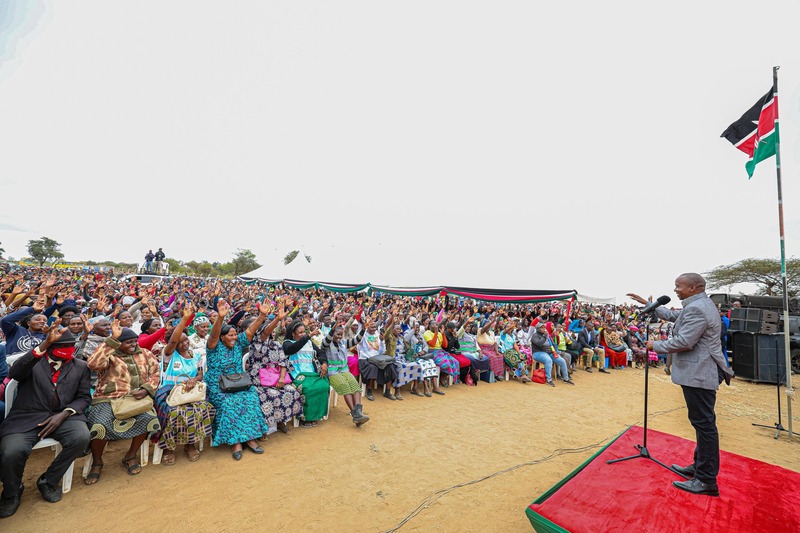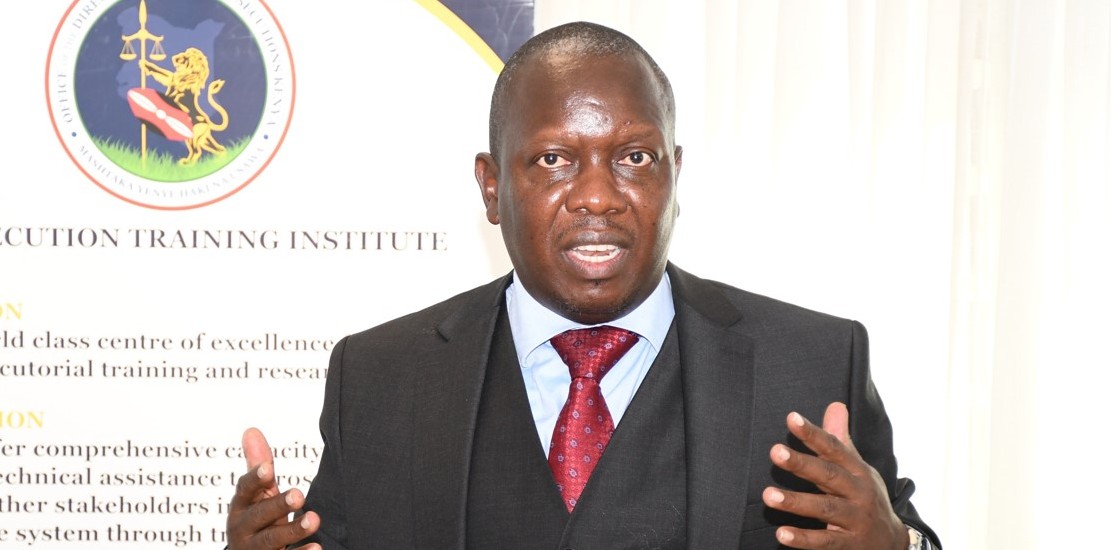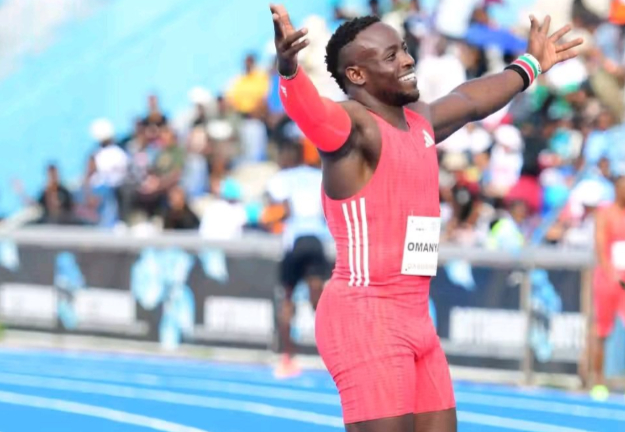NaRSIP II brings improved sewerage to Nairobi's slums and schools
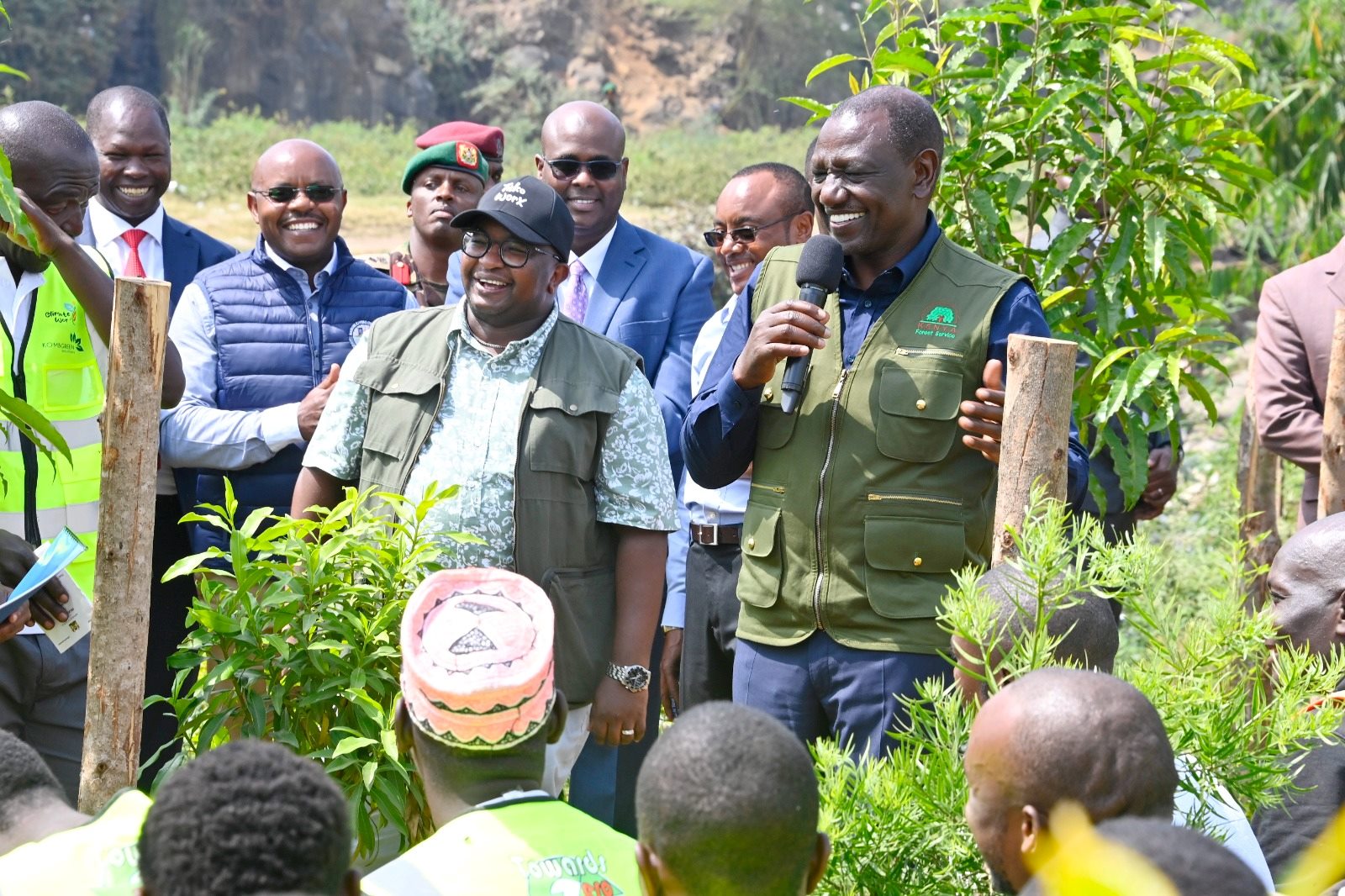
As the second phase of the Nairobi Rivers Rehabilitation and Restoration Programme (NaRSIP II) nears completion, more households in Nairobi will benefit from improved sanitation and sewerage services.
The initiative, a joint effort between the Kenyan Government and the African Development Bank Group (AfDB), has made major progress in expanding sewerage infrastructure across the city.
More To Read
- City residents living along Nairobi River assured of new homes, not evictions under revitalisation plan
- Government orders urgent drainage fix as Nairobi floods claim six lives
- Dialogue on China-Africa green cooperation held in Kenya
- Ruto’s Nairobi River plan: 60km sewer line, 50,000 houses among key projects
- Duale admits Nairobi River cleanup tougher than expected
- ‘Forever chemicals’ polluting African waters: Lake Victoria, Nairobi River among hotspots
The project has seen the construction of 440km of primary and secondary sewers to link with existing trunk sewers built during the programme's first phase.
This forms part of the broader government plan under Vision 2030 to ensure that all Kenyans have access to clean water and proper sanitation by the end of the decade.
The impact of improved sanitation goes beyond infrastructure. A recent report by the World Bank shows that clean sanitation leads to lower disease levels, better child nutrition, and reduced stunting.
In addition to the main sewer lines, 38km of tertiary sewers have been laid, and over 4,000 household connections have been completed.
These new connections are expected to serve at least 250,000 people in various parts of the city, including Kahawa West, Kahawa Sukari, Githurai 44 and 45, Mwiki, Clayworks, and surrounding areas in East and West Nairobi.
“The main motivation of the NaRSIP program is to ensure that waste water from domestic and industrial sources is collected and treated for a cleaner environment,” said Eng. Joseph Kamau, CEO of Athi Water Works Development Agency, which is overseeing the implementation.
The programme also focuses on restoring the Nairobi Basin by building new sewage systems and upgrading old ones.
The targeted rivers include Nairobi, Ngong, Mathare, Kiu, Riara, and Gatharaini. These efforts aim to support cleaner ecosystems, boost economic activities, and improve livelihoods, especially for communities living downstream, such as those around Thwake Dam.
Julius Korir, Principal Secretary in the State Department for Water and Sanitation, emphasized the alignment with national goals. “NaRSIP aligns squarely with the Vision 2030 objectives, which is 100 percent provision of clean water and dignified sanitation for all Kenyans by the year 2030,” he stated.
In Ruai, the Dandora Estate Sewage Treatment Plant is now 90 percent complete. Once finished, the plant’s capacity will double from 160,000 to 320,000 cubic meters of waste treated daily.
This will allow for the collection and treatment of about 80 percent of the city's domestic and industrial wastewater, which will help reduce environmental and health risks.
To expand sanitation access further, over 50 ablution blocks have been constructed or renovated in Nairobi’s informal settlements. This effort has improved hygiene standards and reduced public health risks in some of the most densely populated areas.
The project has also considered the needs of schools, particularly in informal settlements. More than 10 schools have benefited from new or rehabilitated ablution facilities under NaRSIP.
Kiboro Primary School, which serves over 2,000 students and staff, is among the institutions now enjoying safer and cleaner sanitation. Previously, the school relied on poorly maintained toilets that posed serious health concerns.
By the time the project concludes at the end of 2025, the overall sewerage coverage in Nairobi is expected to reach 55 percent.
Top Stories Today


